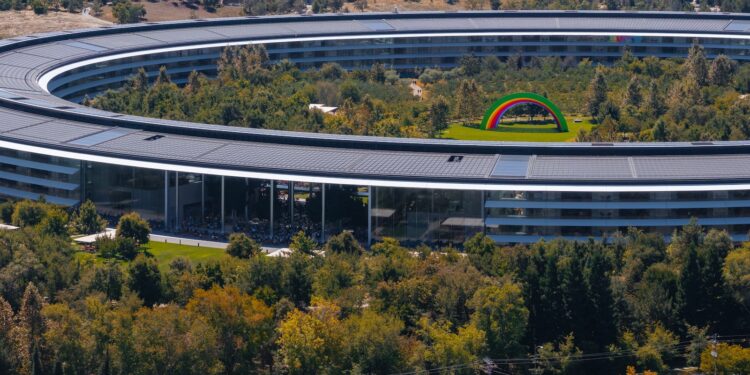The U.S. Department of Justice filed a lawsuit against Apple in March 2024. The lawsuit alleges that Apple operates an illegal monopoly in the smartphone market. The agency sees several of the company's design decisions as deliberate measures to suppress competition and bind users to the iPhone in the long term. Apple has now officially responded to the lawsuit, denying all allegations and explaining its side of the story.
In its statement, Apple clearly opposes the Department of Justice's arguments. The company criticizes the lawsuit as a dangerous infringement on the freedom of technological design and a potential threat to privacy, security, and user experience. Apple argues that the lawsuit is based on misunderstandings and, in the worst case scenario, would not only limit Apple's competitiveness but also deprive consumers of important choices.
Five central allegations in focus
At its core, the antitrust lawsuit revolves around five specific areas in which Apple allegedly abuses its market power: super apps, cloud streaming games, third-party messaging services, smartwatches from other manufacturers, and digital wallets outside the Apple ecosystem. Apple addresses each of these issues individually and provides a detailed counter-position.
Super Apps: Eligible and represented in the App Store
The Department of Justice claims that Apple is preventing the distribution of so-called super apps – applications that combine multiple services into a single platform, such as communication, payment, and booking. Apple counters that such apps are not only permitted, but are already represented in large numbers in the App Store. The rules are clear, and super apps are actively supported. The DOJ's accusation, it argues, is a misrepresentation.
Cloud streaming games: Open via app store and browser
Another issue concerns cloud gaming. The DOJ argues that Apple is hindering streaming games and thus stifling innovation. Apple counters that such offerings are accessible through both the App Store and the Safari browser. Users can stream games directly, without restrictions. The DOJ, it argues, ignores these possibilities and constructs a problem that doesn't exist in practice.
Messaging apps: Widely used and unrestricted
In the area of messaging, the Department of Justice accuses Apple of favoring its own iMessage service, discriminating against third-party providers. Apple strongly disagrees, arguing that messaging apps like WhatsApp, Telegram, and Signal are not only available, but also very widespread and function without restrictions on the iPhone. The high usage of these services contradicts the theory of an anti-competitive blockade.
Smartwatches: Third-party providers work with iPhones
The DOJ also sees a distortion of competition in the use of smartwatches from other manufacturers. Apple withholds important features and makes integration difficult. According to Apple, the opposite is true: third-party smartwatches can be paired with the iPhone, exchange data via companion apps, and access numerous Apple features. This compatibility is continually being improved.
Digital wallets: security in focus
A particularly controversial issue is the use of the tap-to-pay feature by digital wallets outside of Apple Pay. The Department of Justice criticizes the lack of access to the iPhone's NFC interface. Apple, however, emphasizes that a secure mechanism has been developed to ensure the protection of sensitive payment data. Access is possible – while maintaining the security standards essential to Apple users.
Apple sees fundamental principles at risk
From Apple's perspective, the lawsuit isn't just about individual technical issues, but a fundamental attack on principles such as privacy, security, and freedom of design. The DOJ's argument is based on selective interpretation and ignores the fact that Apple made its decisions in the interest of the user experience—not to eliminate competition. Apple argues that interference with these decisions by government agencies could set a dangerous precedent with negative consequences for innovation and consumer protection.
Apple v. the DOJ: The case is gaining momentum
With its official response, Apple has now clarified its position. The case will enter discovery, where both sides will further elaborate on their arguments. The proceedings are expected to last for months or years and could have far-reaching consequences for Apple, the tech industry, and the future interpretation of antitrust law in the US. (Image: Shutterstock / NorthSky Films)
- iPhone sales rise slightly – Apple ahead of Q3 report
- iOS 18.6: Apple fixes over 20 vulnerabilities in the system
- New ChatAI app: Bragi and OpenAI combine their strengths





